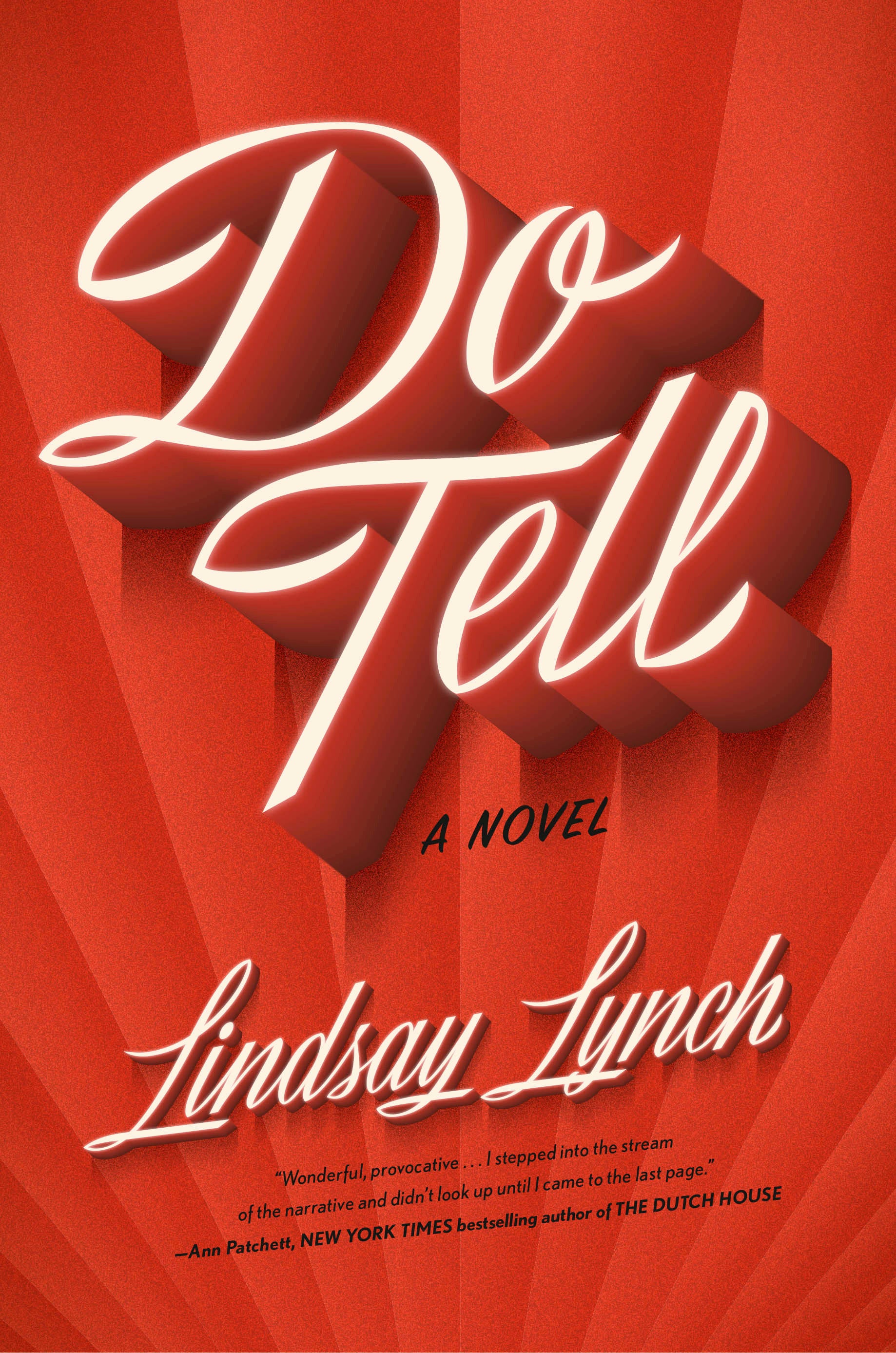Book Review: Debut 'Do Tell' drags you into Old Hollywood's underbelly in a noir-like novel
Edie O’Dare was there that night in 1939 when Sophie Melrose, newcomer at FWM studios, was sexually assaulted by Freddy Clarke, famous for playing dashing heroes

Your support helps us to tell the story
From reproductive rights to climate change to Big Tech, The Independent is on the ground when the story is developing. Whether it's investigating the financials of Elon Musk's pro-Trump PAC or producing our latest documentary, 'The A Word', which shines a light on the American women fighting for reproductive rights, we know how important it is to parse out the facts from the messaging.
At such a critical moment in US history, we need reporters on the ground. Your donation allows us to keep sending journalists to speak to both sides of the story.
The Independent is trusted by Americans across the entire political spectrum. And unlike many other quality news outlets, we choose not to lock Americans out of our reporting and analysis with paywalls. We believe quality journalism should be available to everyone, paid for by those who can afford it.
Your support makes all the difference.“Do Tell” by Lindsay Lynch (Doubleday)
Edie O’Dare was there that night, the night that changed the lives of a dozen names in Hollywood — the night Sophie Melrose, newcomer at FWM studios, was sexually assaulted by Freddy Clarke, famous for playing dashing heroes. And for all that Edie wants to be hardened and unattached, Sophie grabs ahold of her heart from the first interaction they have together.
Lindsay Lynch’s debut novel “Do Tell” goes far beyond that fateful night in 1939 and the court case that follows — which is loosely based on the real case brought by Peggy Satterlee and Betty Hansen against actor Errol Flynn — and creates a noir-like tale of Hollywood’s underbelly.
Edie’s acting contract is almost up, and Sophie’s court case propels her into a new career as a gossip columnist. She suddenly finds herself in competition with Poppy, whom she used to feed gossip to from the FWM sets, premiers and parties because Edie has learned how to blend in with a crowd. She’s learned the trade, how to barter information and pull strings, when to make up details and even full stories. But some stories may be beyond her control.
When the trial ends, the fallout is quickly overshadowed by a world war, casting a shadow over Hollywood to both ludicrous and devastating effect.
Despite the flowing dresses and gilded everything, the glamor of Old Hollywood is met with a distinctly noir feel that Edie brings as she sleuths in the proverbial shadows, using dirty tricks and touching moments of empathy alike to get where she needs to go. She’s a hardboiled detective and a femme fatale all wrapped up in one. And, like a good noir, the clues were there, but you’ll have to wait until Edie pieces it together to get the full story. For all her skills and conniving, there’s something big she’s overlooked.
Pithy, sharp-witted comments jab directly at society. Edie’s like a cool aunt who's wise beyond her years but can still party it down and has connections all over town. She sees through the farces of Hollywood, the fake engagements and double standards, and finds a way to enjoy herself and be part of it anyway.
Things get terribly messy, but the ending is surprisingly sweet, a poetic justice that is not at all what you would expect from the opening chapters, turning a book about Hollywood gossip and the patriarchy into one about love and how to find fulfillment.
If your best subject at trivia is Turner Classic Movies, if you go to conventions dressed like a starlet from Hollywood’s gilded age, “Do Tell” is a must-read.